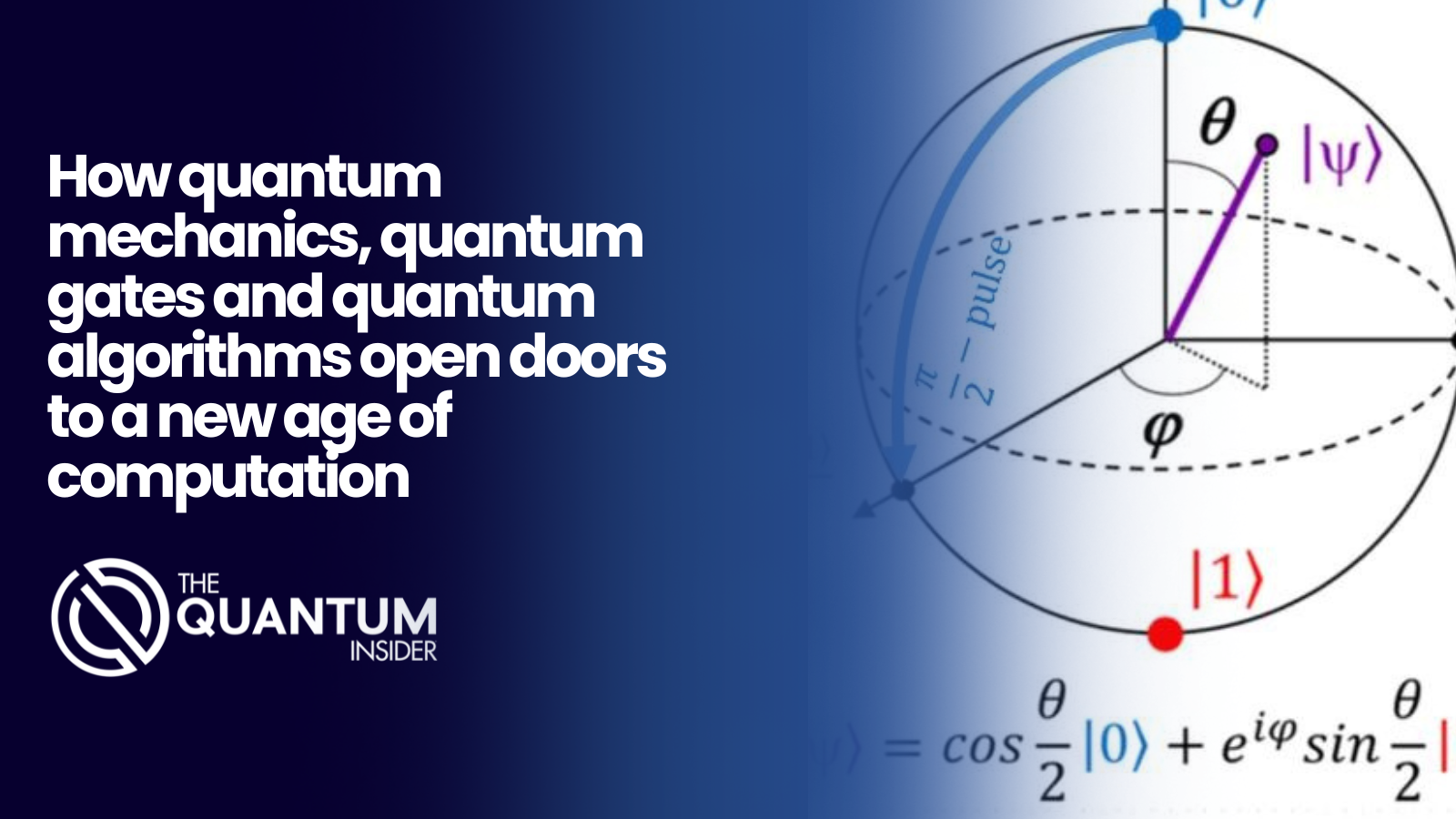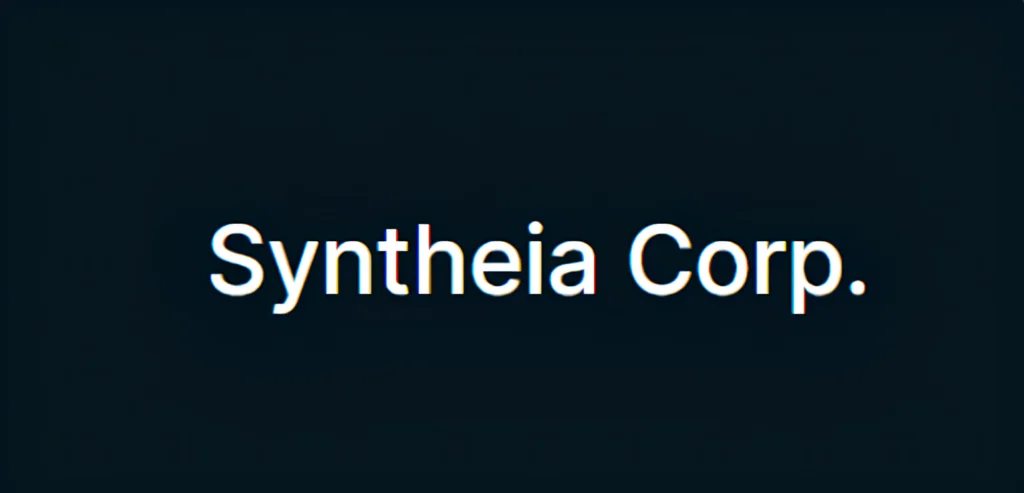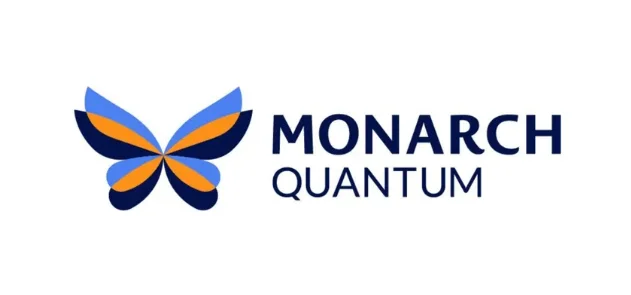Introduction
Unlike classical computers, quantum computers have the potential to solve complex problems by representing information as qubits, which can exist in multiple probabilistic states.
In this article, we will briefly explore how quantum mechanics, quantum gates, and quantum algorithms open doors to a new age of computation, that of quantum information processing (QIP). This article has attempted to explain these concepts in plain English and our brevity we may have excluded important caveats and considerations.
What is QIP?
In QIP, principles, and applications of quantum mechanics are used to manipulate and process information. In contrast to classical computing, where bits represent information as either 0 or 1, QIP uses quantum bits. As already mentioned, qubits can exist in multiple probabilistic states, giving them the potential power to enable parallel computations.
QIP leverages such phenomena as entanglement and superposition, whereby the states of qubits are interconnected. Consequently, quantum computers are expected to be capable of performing certain calculations exponentially faster than classical computers, which may result in breakthroughs in decryption, optimization, and simulation.

The power of QIP can be seen in algorithms such as Shor’s prime factorization algorithm and Grover’s search algorithm. Despite this, building a practical and error-corrected quantum computer remains an important challenge, involving the precise control of delicate quantum states as well as the reduction of noise and decoherence.
Quantum Information Processing vs. Classical Information Processing
We will now distinguish between the two types of information processing.
Classical Information Processing:
Information is traditionally processed and stored using classical bits in classical information processing. Bits, or binary digits, are used in classical computing to encode information. They can be either 0 or 1. In a classical computer, calculations are performed by manipulating bits according to predefined rules using logic gates. The purpose of algorithms and programs is to process a set of instructions sequentially, using classical bits as input.
Quantum Information Processing:
In contrast, quantum information processing exploits the principles of quantum mechanics to manipulate data. Quantum information is encoded in quantum bits, or qubits, rather than classical bits. A qubit is capable of existing in multiple probabilistic states, which is called superposition. A quantum computer is therefore able to perform parallel computations and may be able to solve certain problems in a more efficient manner than a classical computer because of this.
Qubits & their Role in QIP
Quantum information processing begins with quantum bits or qubits. Quantum bits are quantum equivalents to classical bits, which are used to represent information and manipulate it in classical computing.
In quantum information processing, qubits are responsible for storing and manipulating quantum information. Various physical systems can be used to implement them, including atoms, ions, photons, and superconducting circuits. It is possible to represent qubit states using these physical systems that have two or more distinct quantum states.
Through quantum gate operations such as rotation and entanglement, it is possible to manipulate the state of qubits. Quantum algorithms and quantum computations rely on these operations, which are quantum analogs of classical logic gates.
Entanglement is an important characteristic of qubits. Even when physically separated, multiple qubits can connect their quantum states through entanglement. Quantum computers are capable of parallel computations and have the potential to be more powerful than classical computers for certain problems due to this property. Noise and decoherence, it should be mentioned, can disrupt the delicate quantum state of qubits and cause errors in computing. For these reasons, there is ongoing research on developing error correction techniques and improving qubit designs which, if successful, will improve their stability and coherence, leading to a new paradigm in quantum computation.
Essentially, qubits provide the foundation for storing, manipulating, and entangling quantum information. This is vital to the special capabilities and potential advantages of quantum computing in comparison to classical computing.
Algorithms & Applications in QIP
Realizing the potential of quantum computing requires algorithms and applications in QIP. A few of the most important algorithms and applications of QIP are listed below. It should be noted that this list could be more richly structured as techniques enabling algorithms. For example, Shor’s algorithm leverages Quantum Fourier Transformation and Quantum Phase Estimation
Quantum Simulation:
In quantum simulation, complex quantum systems are simulated and studied using quantum computers that are difficult to analyze with classical ones. Applications for quantum simulations include chemistry, materials science, and optimization.
Shor’s Algorithm:
As compared to classical algorithms, Shor’s algorithm factors large numbers exponentially faster. A notable amount of interest has been generated in the field of cryptography in relation to its potential impact on public-key cryptography, which relies on the difficulty of factoring large numbers.
Quantum Search Algorithms:
Grover’s algorithm, for example, provides a quadratic speedup compared to classical search algorithms. Database search, data mining and optimization are all possible applications of these algorithms.
Quantum Machine Learning:
In quantum machine learning, quantum computers can be used to improve upon traditional machine learning algorithms and to develop new quantum-specific algorithms. Pattern recognition, optimization, and data analysis are examples of tasks that can be improved by applying quantum machine learning techniques.
Quantum Optimization:
One final one worth mentioning which quantum algorithms can have an impact is quantum optimization. With quantum optimization, optimization problems are solved more efficiently when leveraging quantum algorithms. Classical computers, it must be noted, have difficulty finding the best solution among a vast range of possibilities when it comes to portfolio optimization, supply chain management, and logistics, so applying quantum algorithms to problems could exponentially speed up solutions.
It is still a rapidly emerging field, and researchers are investigating new quantum algorithms, applications, and the future impact they could have in a wide range of areas. Until then, however, work at university research institutes, the private and public sectors, is ongoing.
How does Quantum Error Correction Work in QIP?
An essential concept in quantum information processing, quantum error correction seeks to protect quantum states from noise and decoherence-induced errors. Quantum systems are extremely susceptible to disturbances from their environment, which can result in the loss or corruption of information.
Errors in quantum states can be detected and corrected utilizing the principles of quantum mechanics without actually observing the quantum state. It works by encoding quantum information into a larger, redundant quantum state known as a quantum error-correcting code.
Quantum Error-Correcting Codes:
First, it is necessary to design a quantum error-correcting code in the first instance. By using additional “ancilla” qubits, these codes encode the original quantum state into a larger Hilbert space. In the encoding process, information is distributed across multiple physical qubits, resulting in redundancy.
Syndrome Measurement:
Next, using syndrome measurements, errors can be detected. In addition to providing information about quantum state errors, these measurements are not directly related to encoded information but rather provide information about the presence and type of errors in the quantum state. By applying a series of measurements to subsets of physical qubits, syndromes can be identified.
Error Detection:
To determine the presence and location of errors, syndromes obtained from measurements are scrutinized. Using the syndrome information, it is possible to determine the type of error (e.g., phase flip or bit flip) and its location in the quantum state.
Error Correction:
Following the detection of errors, error correction procedures are applied to restore the encoded information. To reverse the effects of errors on the qubits in the system, these procedures apply quantum gates or operations to the qubits. As a result of the syndrome information, a certain sequence of quantum gates is typically applied to correct the problem.
Fault-Tolerant Operations:
Finally, and despite the presence of errors, quantum error correction provides the basis for fault-tolerant quantum computation. Applying error correction procedures continuously can mitigate errors, thus ensuring the accuracy of the computation.
Despite its complexity, quantum error correction is an extremely challenging task requiring advanced techniques and careful design. Several quantum error-correcting codes have been developed, such as the surface code, a hopeful candidate for fault-tolerant quantum computation.
In summary, quantum error correction is a vital instrument in QIP that looks to safeguard delicate quantum states from noise and decoherence.
For a more in-depth look at quantum error correction, however, please look at our article, Quantum Control: From Theory to Reality, a piece that explains in layman’s terms what quantum control is and how it works.
Limitations in QIP
We’re still far from where we want to be, as several limitations still exist with QIP, despite its potential to revolutionize computing. One major roadblock is the fragility of quantum systems since they are highly susceptible to noise and environmental interactions. The stability and coherence of qubits continue to pose significant challenges. On top of that, quantum systems are not currently scalable, since increasing the number of qubits leads to greater complexity and greater error rates. For quantum computing to get to the point where many in the industry think it can be, these limitations must be solved first.
Revolutionizing Industries with QIP
The QIP technology has been hailed as a breakthrough that could revolutionize a wide range of industries. The below is speculative but it should give an idea of the potential opportunity.
Applied to drug discovery and material design, QIP can speed up the development process by simulating molecular interactions and properties, allowing for more efficient drug screening and the discovery of new materials.
Another area where groundbreaking things could take place is in financial services and optimization problems. A quantum algorithm could be used to solve complex optimization problems efficiently, resulting in improved portfolio management, risk assessment, and supply chain optimization. Quantum computing can also have major benefits for machine learning and artificial intelligence (AI). The use of quantum algorithms could enhance the training and optimization of AI models, enabling more accurate predictions and decisions. In the future, this could contribute to advancements in areas such as image recognition, natural language processing, and pattern recognition.
QIP is also expected to have a profound impact on logistics and transportation. Route planning, resource allocation and scheduling can be optimized using quantum algorithms, resulting in more cost-effective and efficient transportation systems and significant improvements for industries such as shipping, air travel and urban planning.
Ultimately, QIP has the potential to transform a wide range of industries. However, though things are happening at a rapid pace, we may still have to wait several decades before we witness improvements versus current classical processing.
Featured image: Credit: Research Gate
If you found this article to be informative, you can explore more current quantum news here, exclusives, interviews, and podcasts.
















